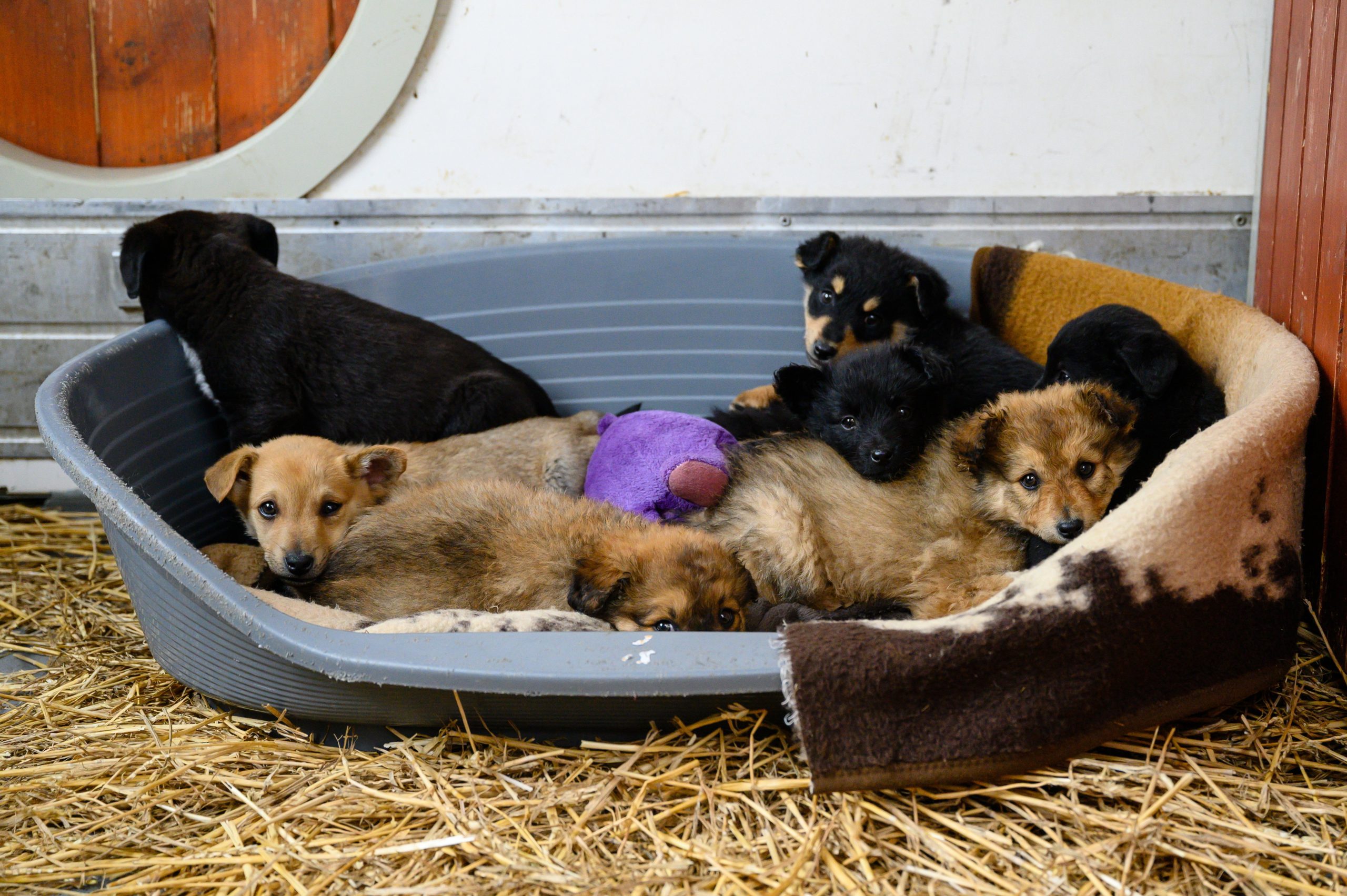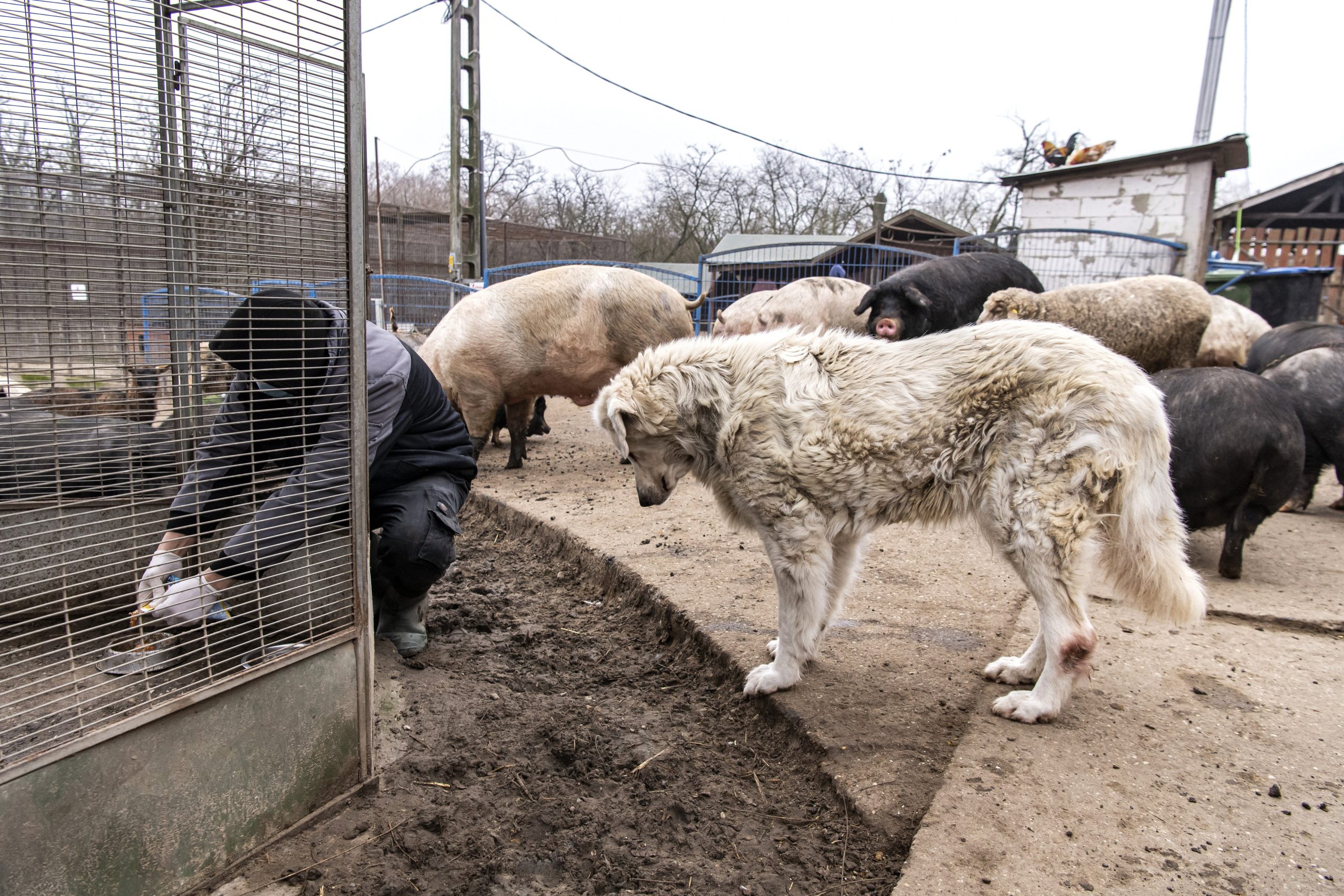
According to the Code, animals are living beings capable of feeling, suffering, and joy, and each animal is unique and unrepeatable.Continue reading

A proposal for an amendment to the law “amending certain criminal laws necessary for the protection of animals” has been submitted by Péter Ovádi, the Ministerial Commissioner for Animal Protection. Both the Animal Protection Act and the Criminal Code are affected by the proposal, the Noé Animal Shelter Foundation wrote in a Facebook post.
If the new law is adopted, it will for the first time allow for strong criminal action against underground breeders, and it will also provide for stricter sanctions and new qualifying cases for the criminal courts for offenses against animals. Specific repeat offenders and cases of animal poisoning would be severely penalized, and even the preparation of the latter would be punishable. In contrast to the current maximum of three years, a prison sentence of up to five years could be imposed under certain conditions, which is considered very high in Europe. Not only would the organizers of animal fighting be punished, but also the participants. The proposal also regulates the legal conditions for banning criminals from keeping animals and for the placement of animals in criminal proceedings, making them more viable and effective for the animals, Péter Ovádi wrote in another Facebook post. The proposal was made by Ovádi and Fidesz parliamentary group leader, Máté Kocsis.
Back in 2016, a big demonstration took place in Budapest against animal cruelty. This was triggered by the son of the deputy mayor of Detek killing a puppy with cruelty, amidst giggles, and then posting a video of the act on social media. The Orbán administration then promised to take action against animal abusers. In 2017, they wanted to modify the animal protection law, but the animal welfare organizations strongly opposed the draft of the law, which many considered as a step back. Among other things, it was criticized by the Organization of Hungarian Animal Welfare (MÁOSZ) for not being precise about basic definitions such as stray vs. abandoned animals, breeding farm vs. animal shelter, animal cruelty vs. animal abuse, adopting vs. giving up for adoption. Animals in abandoned breeding farms would still have been excluded from the Animal Welfare Act if the draft had been adopted. The government then ultimately did not enact the new law and no changes were made. In 2020, the Democratic Coalition (DK) also proposed harsher punishments for animal abusers, but the ruling forces did not support it.
In contrast to the previous proposal, animal welfare organizations have already been involved in the drafting of the current bill. They now seem to be happy with the new initiative. Besides the Noé Animal Shelter Foundation, for example, the Ant Community (Hangya Közösség), which is an umbrella organization for animal protection, which has been supporting the work of rural shelters and animal welfare organizations, also posted about the new law on their Facebook page. Both organizations expressed their gratitude, the Ant Community adding that “As soon as the amendments are voted on, we promise to pop the champagne!”
The new proposed legislation can be read here. If approved by parliament, most of the amendments will enter into effect on January 1, 2022.
Featured image: A dog and pigs at the Noé Animal Shelter in Budapest, February 7, 2021. Photo by Zsolt Szigetváry/MTI